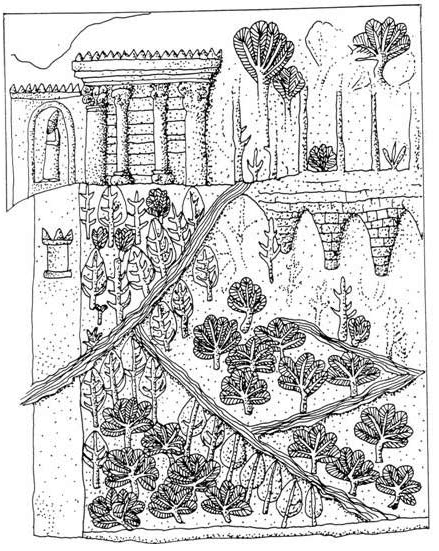In the mid-eighteenth century, Britain began establishing control of India and Canada, seeing up colonies in Australia and New Zealand, and dominate European sea trade with the east. This was a step to them being the first world "superpower", and it came along with a new system of "manufacturing"(176). Manufacturing brought workers together to ultimately result in the Industrial Revolution. Tea, Having began as a "luxury" drink, became the beverage of a working man(177).
Tea had to be imported at great cost and effort from China. Once it spread through Britain, tea spread throughout the world and became the "most widely" consumed beverage on Earth after water...isn't that crazy(178)? The story of tea isn't just anything; it is the story of imperialism, industrialization, and world domination. One cup at a time.
According to Chinese tradition, the first cup of tea was brewed by the emperor Shen Nung. This would be sometime around 2737-2697 BCE. They say that Shen Nung was boiling some water to drink and used some branches to fuel his fire. A gust of wind carried the plants leaves to his pot, resulting in a delicate and refreshing drink.
Shen Nung said, "quenches thirst, lessens the desire for sleep, and gladdens and cheers the heart."(179)











